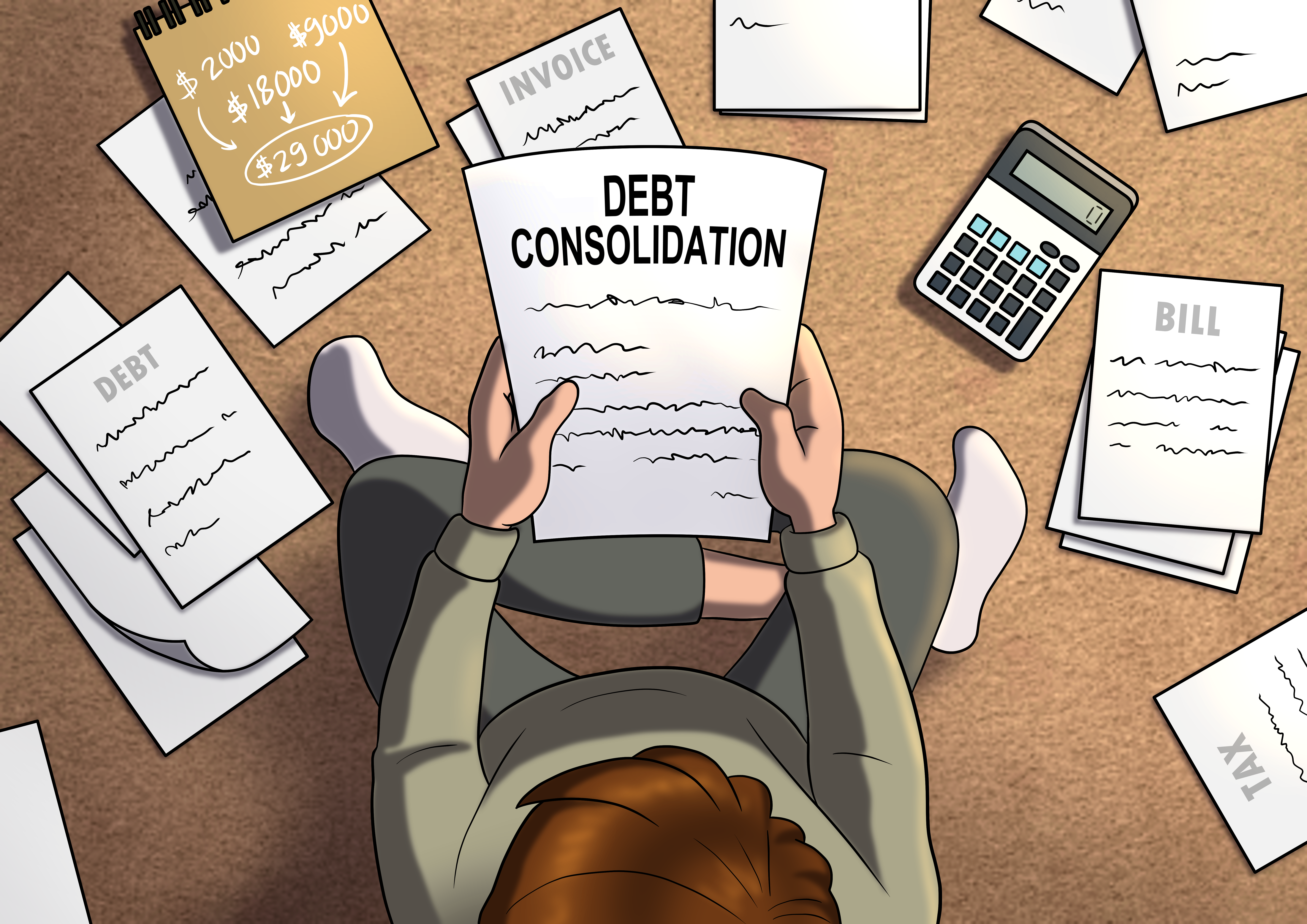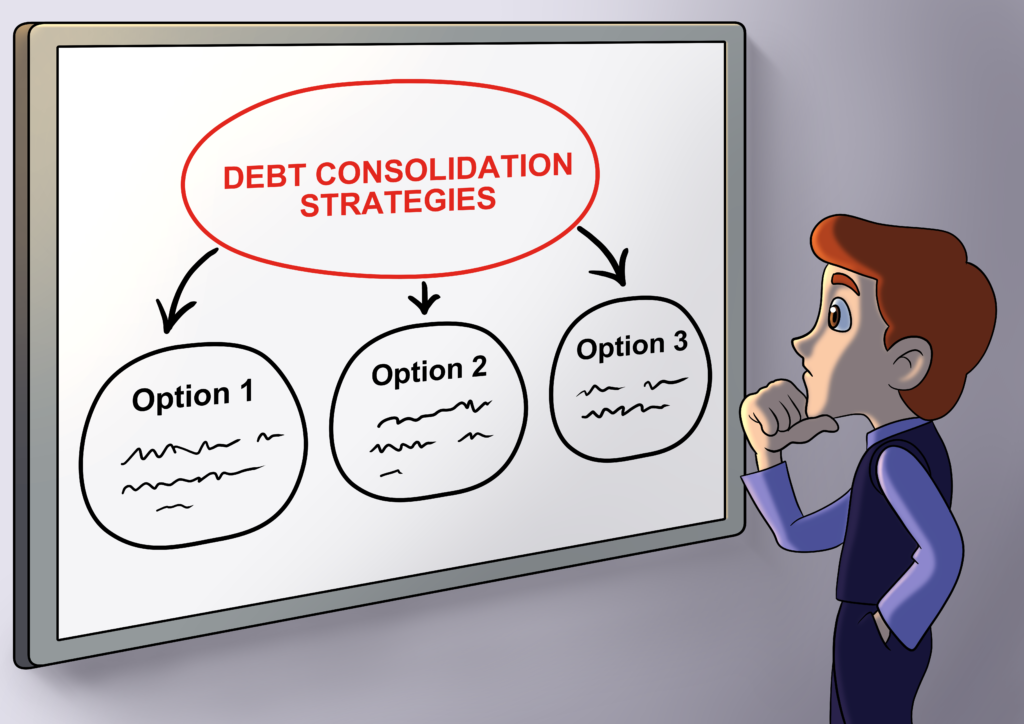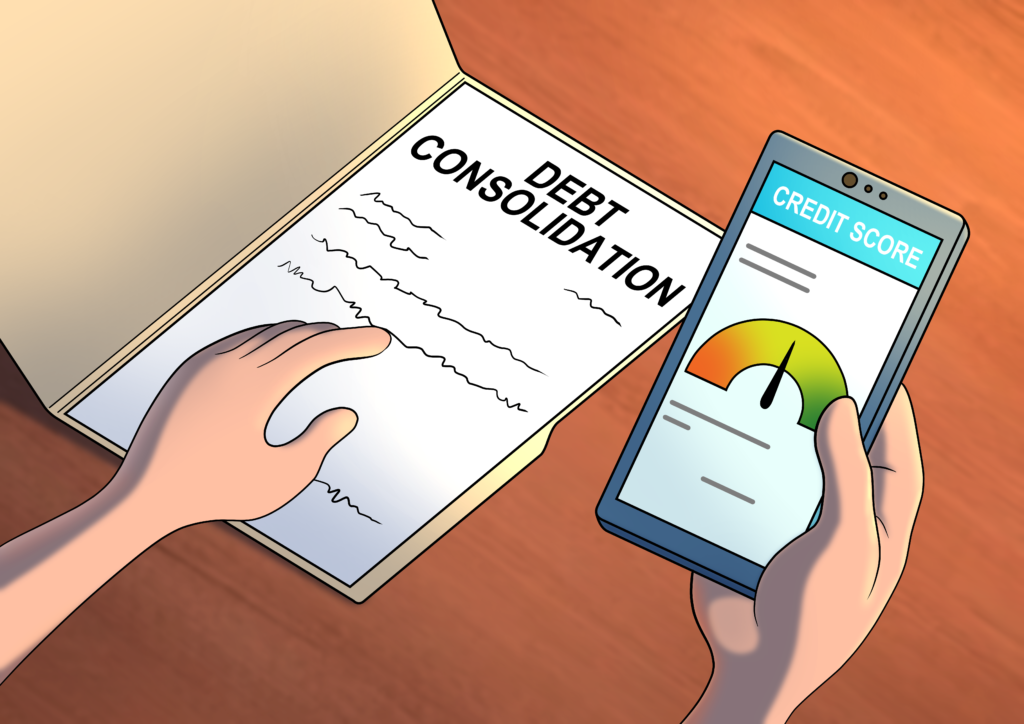Debt consolidation itself does not directly hurt your credit. It can help improve your credit score in the long run.
However, certain factors, such as late payments or high credit utilization during the process, may temporarily impact your credit. Overall, responsible debt consolidation can be beneficial to your financial health.
Yes, you can still get a loan even if you have consolidated your debts. Debt consolidation is a way to manage and simplify your debts, making it easier for lenders to assess your financial situation.
But, getting your loan approved will depend on various factors, like income, credit history, and the lender’s criteria.
No, debt consolidation doesn’t eliminate your debts. It combines multiple debts into one payment plan to make repayment more manageable.
You’re still responsible for paying off the consolidated loan or program according to the agreed-upon terms. Consolidation only helps streamline payments but does not erase the amount owed.
First off, results vary based on each person’s circumstances. But you could start seeing improvements after a few months if you’re consistently making payments toward your consolidated loan.
That said, achieving complete financial stability may take longer and depends on your income and the debt you owe.
Debt consolidation is an effective solution for many folks struggling with multiple debts. But it’s not always the best option for everyone.
Considering factors like interest rates, fees associated with consolidation programs or loans, and personal financial goals is essential before deciding if it suits you.








